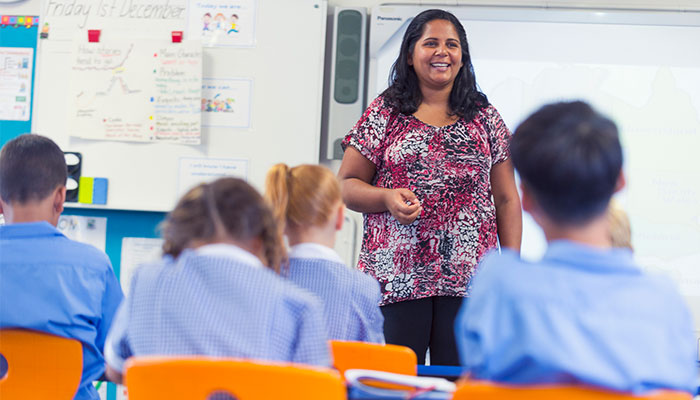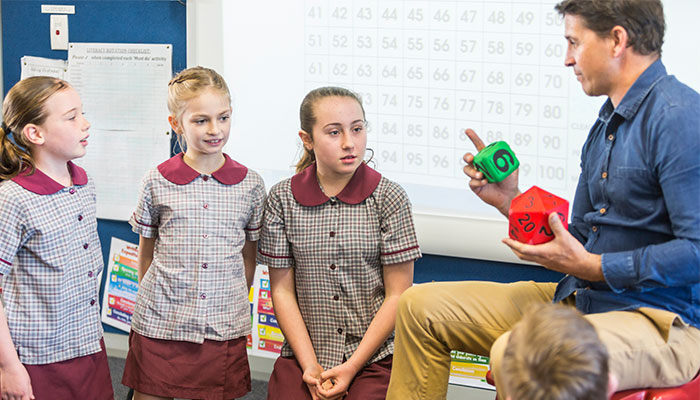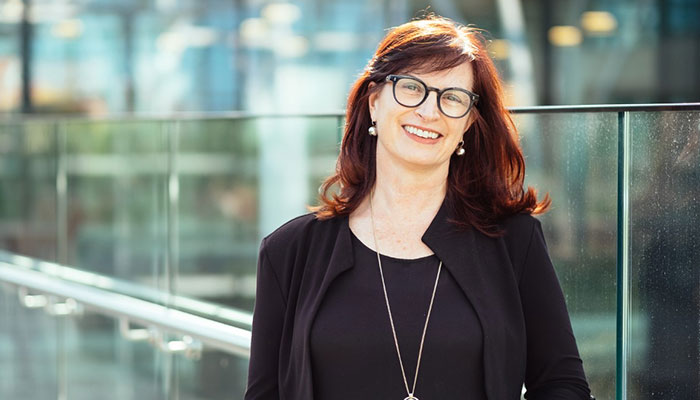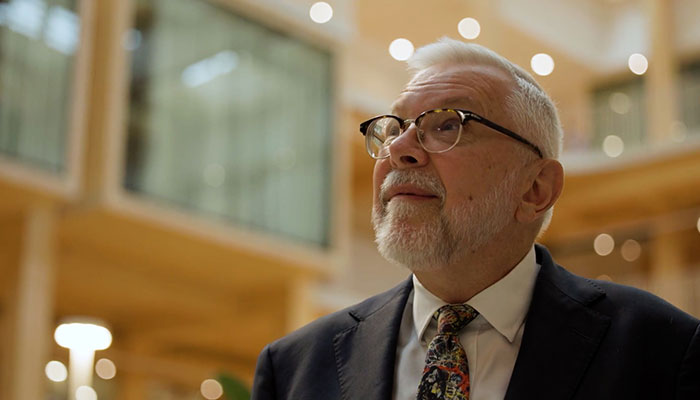When I graduated as an English and History teacher in 1984 there was an oversupply of teachers. I had to wait to get a job at a public high school, and it was the same for most of my cohort.

So it is disappointing, but not surprising, to hear that as schools prepare to welcome students back this week, they are grappling with shortages.
The extent of the crisis was reported this week, with 2000 vacant full-time teaching positions at the end of 2023, and 175 schools struggling to fill the key areas of English and mathematics.
When I started teaching in 1985, it felt like a well-respected profession. Beginner teachers were relatively well paid, schools were well staffed, with administrative support; and I was given the opportunity to develop my skills through mentoring by my teaching colleagues.
We've known for a long time that my generation of teachers was likely to retire early, and for some, these early retirements have been brought forward by COVID and the ongoing workload challenges. Teachers who would have previously been thinking they might stay for another five or 10 years are opting out. The research tells us that teachers are experiencing burnout in numbers we've not seen previously.
There have been several factors leading to the crisis that schools now find themselves in.
Respect
There’s been much discussion about low teacher salaries but there’s been a commensurate decline in the prestige of a teaching career. Research on the language that was being used in the Australian media to describe teachers found it to be overwhelmingly negative. There is a fixation on teacher ‘quality and resilience’ rather than addressing systemic problems, and teaching is made out to be ‘simple’.

Teaching is complex - research has shown teachers make 1500 decisions in a working day. Australian teachers also work longer than most of their OECD counterparts.
When I told my high school principal I was going into teaching he said, “oh, what a waste”, and likewise many of my students are discouraged from teaching with student teacher numbers falling across the country.
We find ourselves in a situation where everybody wants their children to be taught by the best teachers, but they don't want their children to be teachers.
Mentoring and professional development
If beginner teachers aren't really well supported in their transition to teaching they are more likely to leave in the first five years. Beginner teachers feel reluctant to approach their colleagues for help and support because they see how busy they are.
Schools need more support staff to help teachers with photocopying, planning excursions and school functions, assemblies, playground duty and the list goes on.
At Macquarie University our cohorts benefit from our executive mentoring by an experienced university-based transition mentor as well as being matched with an in-school mentor while they begin their teaching. We also have our In School Initial Teacher Education (INSITE) Network which provides mentoring resources to teachers and students during the transition to teaching.
Teachers also need continued professional learning but unfortunately it happens in their own time. I'm currently running professional learning online at 8pm. Teachers are dialing in, with kids on their lap, because there isn’t time during school hours.
Other school systems, such as in Finland, Hong Kong and Singapore, build this professional learning into the teaching day.
Support
Australian teachers have one of the highest administration loads in the OECD. There has also been the emergence of a performance culture where schools are frequently required to test, collect and analyse centralised data, all of which is time-consuming.

Teachers will always prioritise their students, which is why they add more and more to their workload, which then leads to burnout.
There have been steps to reduce this administrative load, which is a positive development.
But schools need more support staff to help teachers with the ‘back end’; as well as photocopying, planning excursions and school functions, assemblies, playground duty and the list goes on.
There are also many students who have distinct needs and parents rightly want their children supported in the best way possible. It can be difficult and expensive for parents to access psychological or learning support and there are a lot of expectations placed on teachers. We need to have closer connections with broader support services to help those students.
Long-term commitment
There have been some positive recent initiatives to address the dire teacher shortage, such as a salary increase, a program to re-engage teachers in the workforce and offering temporary teachers permanent positions.

Hope: Educator Dr Janet Dutton, pictured above, says Macquarie's school-integrated initial teacher education courses can support improved retention of beginner teachers in Australian schools.
They're not overnight cures though. We also need a real commitment to supporting teachers as they transition to schools, and to stop blaming universities for the teacher shortages.
At Macquarie we are so passionate about our work with our teacher education students. We want them to be inclusive and able to teach to the diversity of students in their classroom and be smart classroom practitioners.
What gives me hope is that the student teachers that I'm working with do not see teaching as a ‘fall back’ profession. They're becoming teachers because they want to teach.
They return from their school placements and tell us about the wonderful ‘light bulb moments’ where one of their students has had a learning breakthrough.
But it's precisely because teachers enter the profession for altruistic reasons, that they leave when the system is so broken they can’t give anymore.
I take pride in being a teacher, and I come from a family of teachers. I would like to see teaching return to being a profession that our best and brightest students want to enter.
* This article was first published on January 31, 2024
Dr Janet Dutton is a senior lecturer in the Macquarie University School of Education.
Find out more about Master of Teaching degrees at Macquarie University



